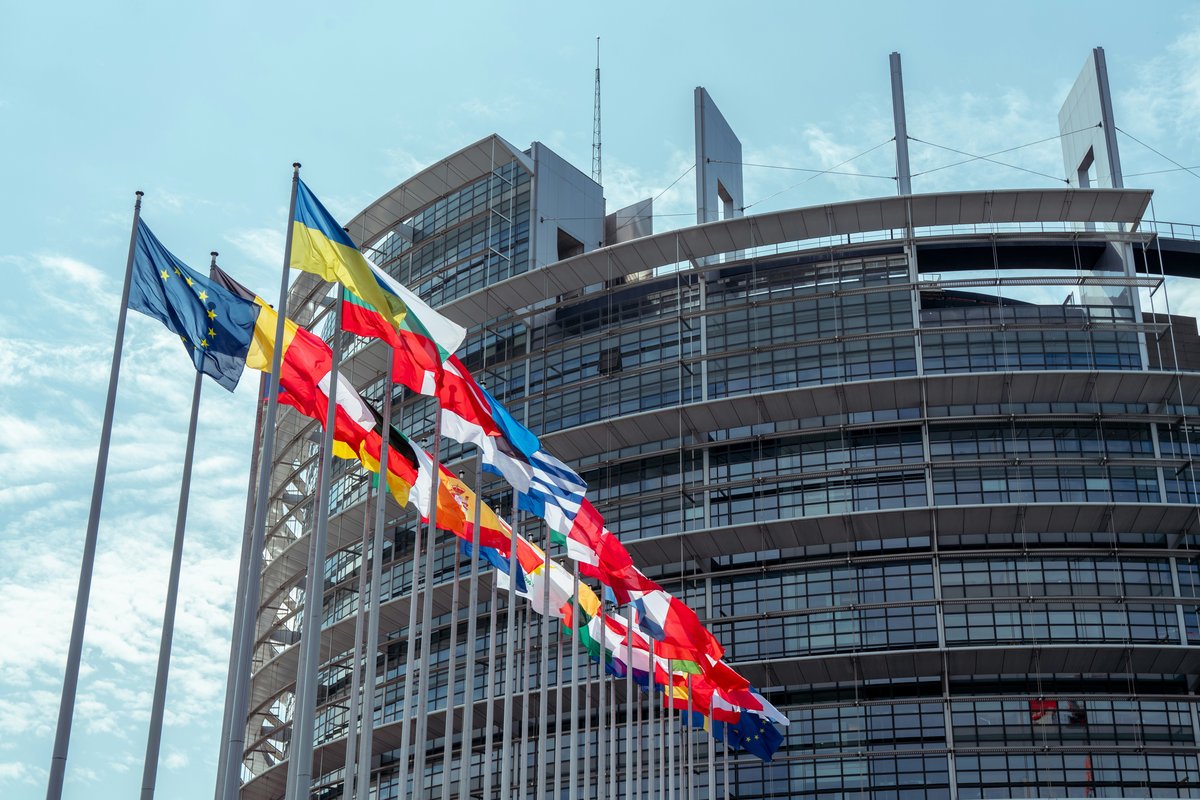Project Description
Aims and Central Research Question
The aim of this project was to understand how EU citizens form preferences towards redistribution among member states. European publics have been very divided about issues such as budgetary discipline, the costs of assisting other EU member states, and a deepening of the fiscal Union. We hypothesized that opinions on such issues depend heavily on an individual’s perception of economic fundamentals. We ran a compact cross-national survey experiment, in which randomized information treatments were used to change these perceptions – an approach from behavioral economics and psychology. This allowed us to inform the theoretical debate and generate the first descriptive evidence on mass beliefs about inequality in the EU.
Background
We started from the expectation that citizens’ perceptions of relative income are biased. Randomized information given in a survey experiment corrected these biases, and changed redistributive preferences. With our approach, we addressed a core challenge of contemporary EU politics and were able to bridge interests and insights from comparative and international politics, social psychology, and economics. Moreover, we combined in-house expertise in surveys and data collection with purchased access to large-scale online panels. The project thus contributed to the Clusters’ Methods Hub and its aim of developing innovative research designs.
Methods
The research project was centered around an original cross-national survey in 13 EU member states, combining a large share of the Union’s total population with a large variance in per capita GDP: Italy, Greece, Spain, France, Germany, Netherlands, Denmark, Sweden, Ireland, Czech Republic, Estonia, Poland, and Bulgaria. Respondents located themselves and their member states in the European income distribution, after which they received randomized objective information about their and their countries’ relative positionings. We expected this information to induce changes amongst respondents with ill-informed prior beliefs – an indirect manipulation unveiling the impacts of ego- and sociotropic concerns.
Literature
Publications
Schuessler, Julian, Dirk Leuffen, Peter Selb, and Thomas Hinz. 2024. “Income, Identity, and Redistribution within and across Countries: Experimental Evidence from the European Union.” Working Paper No. 20. Cluster of Excellence “The Politics of Inequality.”

